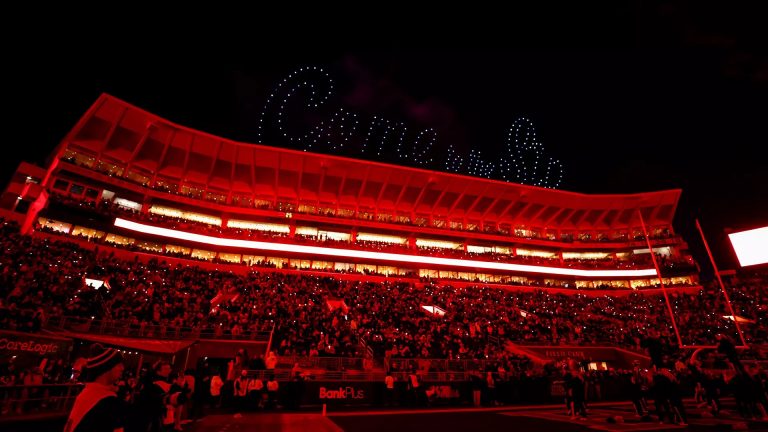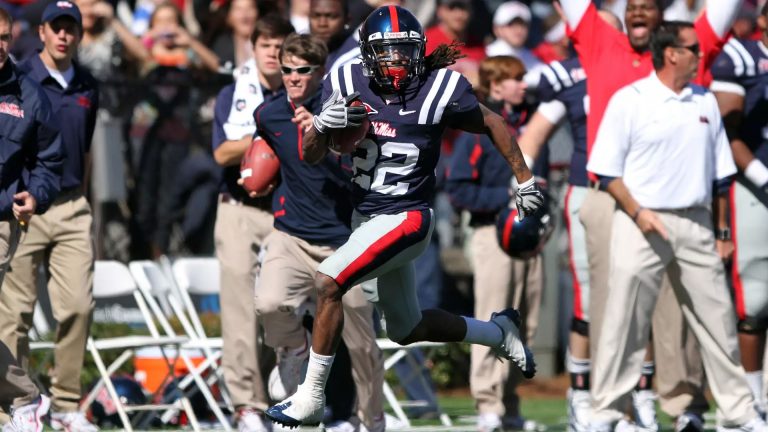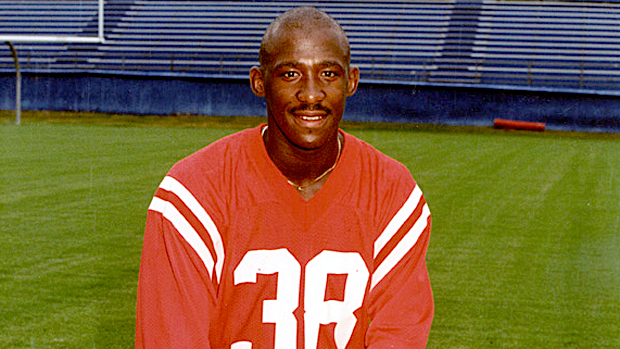
There are other numbers that come and go in Rebel Country,
but none more heralded or coveted than the number 38.
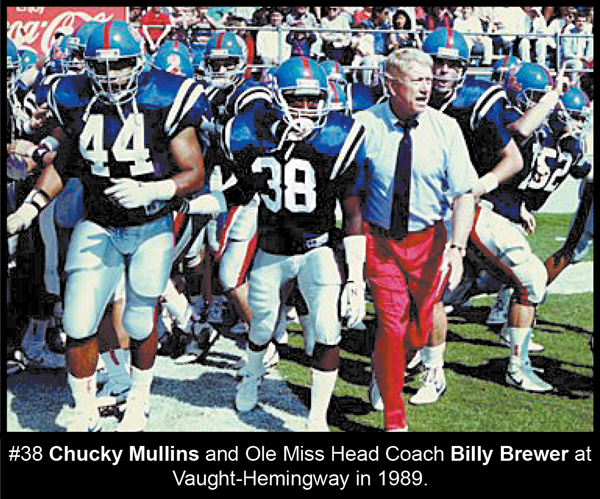 Oxford, Miss. (TLV) – When the day breaks at Ole Miss on Saturdays in the Fall, a gathering takes place. As this small acreage of oaks simply known as The Grove comes to life with spreads, spirits, and spontaneous speakeasies, a noticeable trait can be seen on the backs of numerous toddlers, children, and adults who refuse to grow up. The number 38.
Oxford, Miss. (TLV) – When the day breaks at Ole Miss on Saturdays in the Fall, a gathering takes place. As this small acreage of oaks simply known as The Grove comes to life with spreads, spirits, and spontaneous speakeasies, a noticeable trait can be seen on the backs of numerous toddlers, children, and adults who refuse to grow up. The number 38.
There are other numbers that come and go in Rebel Country, and even a couple, such as 10 and 18 will hang around for a spell. But none run deeper in meaning, none more symbolic of the institution, none more heralded or coveted than the number 38.
Frank E. Everrett Jr. penned a poem in the early 1970s describing the difference between the University and Ole Miss:
The University is buildings, trees and people. Ole Miss is mood, emotion and personality. One is physical, and the other is spiritual. One is tangible and the other intangible. The University is respected, but Ole Miss is loved.
If Everrett were alive today, I’m confident he would agree:
Ole Miss is Number 38 as Number 38 is the heart of Ole Miss. Number 38 is faith, courage, and love. Number 38 is passion, character, and fight. Number 38 is Chucky, and he is Ole Miss.
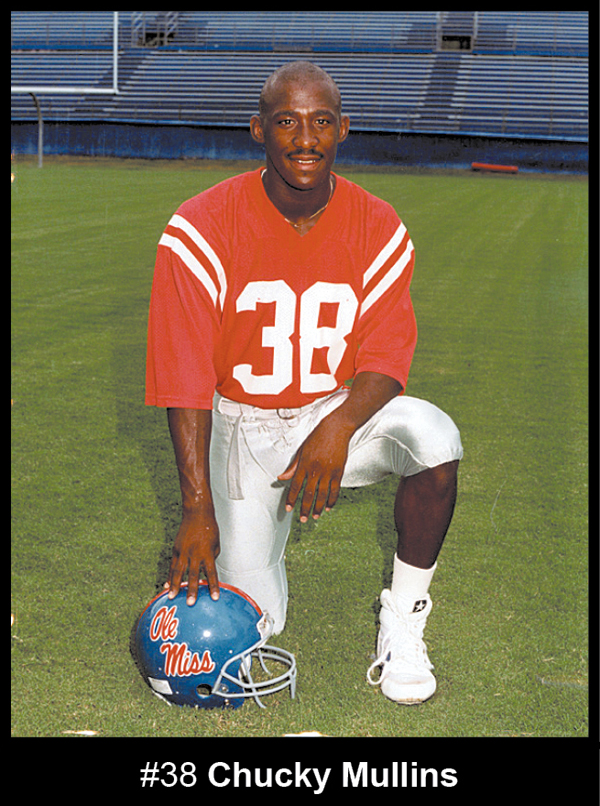 On October 25, 1989 Ole Miss was preparing to face Vanderbilt. Just another SEC Saturday. The Grove was packed bumper to bumper (cars were allowed then) and the team made its way to the stadium in its normal fashion, led by Head Coach Billy Brewer through the monster tailgate. It was Homecoming.
On October 25, 1989 Ole Miss was preparing to face Vanderbilt. Just another SEC Saturday. The Grove was packed bumper to bumper (cars were allowed then) and the team made its way to the stadium in its normal fashion, led by Head Coach Billy Brewer through the monster tailgate. It was Homecoming.
The Rebels were 5-2 heading into the game and poised to make a bowl game for just the third time since 1972. With 6:57 left in the first quarter, the Commodores were threatening to break 0-0 score. A pass over the middle to fullback Brad Gaines at the two yard line was met by a hard and loud hit from an Ole Miss cornerback that sent both players to the ground as the ball fell incomplete. Gaines slowly got up. The Rebel cornerback did not.
“I was frozen,” Brewer later told sports writer and author Larry Woody. “For the first time in all my years of coaching I didn’t go on the field. I just couldn’t…I thought he was dead.”
Roy Lee “Chucky” Mullins laid motionless on the field. The stadium grew quiet. Then silent. It was obvious that something was wrong. Very wrong.
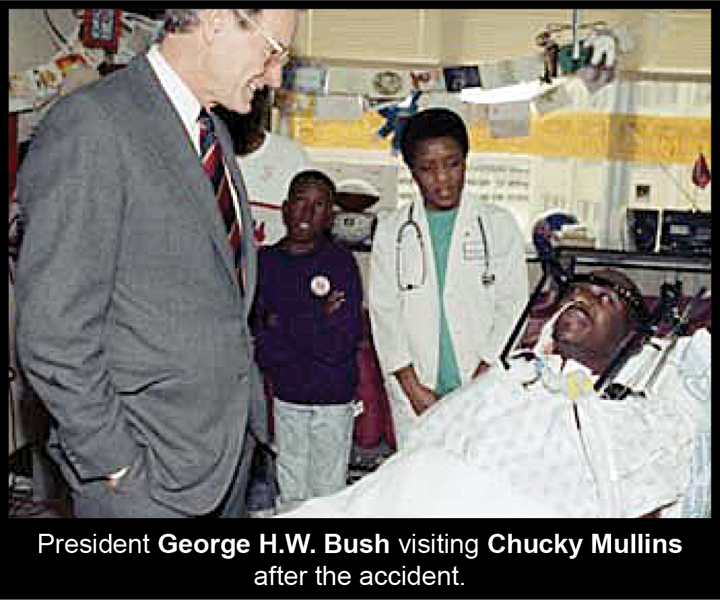 After being transported to Baptist Memorial Hospital in Oxford and then airlifted to Memphis, it was determined and then revealed that Mullins had shattered four vertebrae in his spine and was paralyzed from the moment the hit took place.
After being transported to Baptist Memorial Hospital in Oxford and then airlifted to Memphis, it was determined and then revealed that Mullins had shattered four vertebrae in his spine and was paralyzed from the moment the hit took place.
Over the next few months, the encouragement and support for the Ole Miss Athlete poured in from near and abroad. What began to take shape, though, was the resilience, encouragement, and spiritual guidance Chucky was pouring into us.
When he told the team prior to the Liberty Bowl “It’s Time!” it was apparent that God was using Mullins to bring a people together for his purpose.
 “A word of encouragement for all of you. Keep Faith for God is True,” Mullins said.
“A word of encouragement for all of you. Keep Faith for God is True,” Mullins said.
In the fifth chapter of the Gospel of John, a paralyzed man who longed to be made well told Christ that he had no one to help carry him into a pool. Christ instructed him to get up and walk, and the man was healed. The man had been paralyzed for 38 years. For added emphasis, the New Testament tells us to encourage one another a total of 38 times.
As the encouragement transformed from his courage, Mullins began to work towards returning to Oxford. At Ole Miss, fall general elections were on the horizon and seven students were running for Colonel Reb, (Mr. Ole Miss), the highest honor a male student can receive at the university. In a letter to the Daily Mississippian, the seven wrote: “In lieu of the recent tragedy suffered by Roy Lee “Chucky” Mullins, we the undersigned candidates for Colonel Rebel, have decided to withdraw from the race and concede the title to Chucky because of his superhuman faith and tenacity in the face of inhuman adversity.”
Number 38 would eventually return to Oxford, where funds had been raised to support him with a home and Brewer had aided in arranging for him to begin classes. Just nine months after doing so, as he was getting ready for class, Mullins lost consciousness and was hospitalized. Just three days later, Roy Lee “Chucky” Mullins died. And people wept. Again.
But his spirit lived on. Ten years later, now Director of Creative Services for Ole Miss Micah Ginn attended an Ole Miss-Vanderbilt game in Oxford. Ginn wrote:
“I was in Oxford, at Vaught-Hemingway stadium, for the Ole Miss-Vanderbilt game (in 1999),” Ginn said. “It was a game that happened to fall on the 10-year anniversary of Chucky’s accident. During pregame ceremonies, the PA Announcer read a few words about the life and untimely death of Roy Lee “Chucky” Mullins. He then asked for a moment of silence, and for the first time in my life, I witnessed 40,000 people go silent in reverence. Not a single, solitary noise. I imagined that must have been how quiet it was on October 28th, 1989, when Chucky made his last tackle. At that moment, I felt as if those 40,000 fans were personally introducing me to Chucky, saying, ‘This is how we feel about our fallen hero; this is how much he means to us’.”
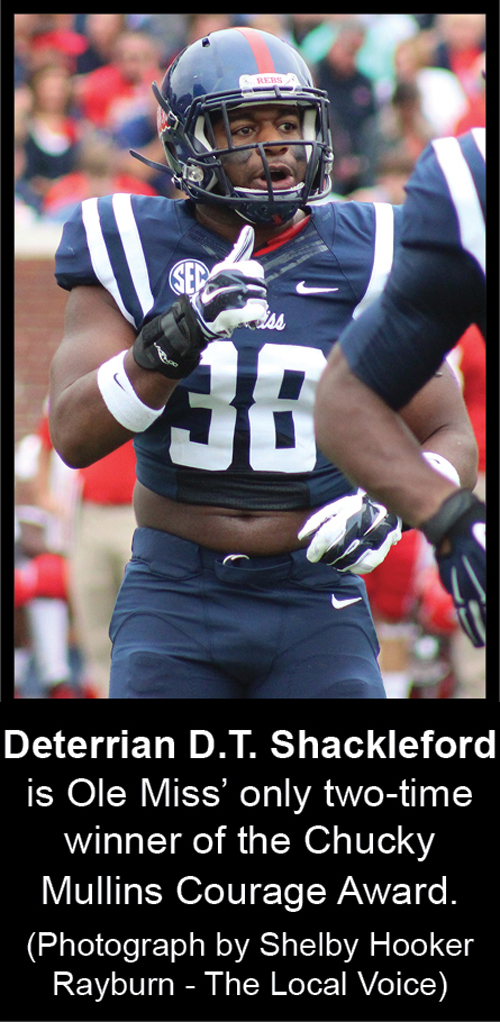 Ginn’s film, Undefeated: The Chucky Mullins Story, was released in 2004 and can be found at www.chuckymullins.com.
Ginn’s film, Undefeated: The Chucky Mullins Story, was released in 2004 and can be found at www.chuckymullins.com.
As we approach the 25th Anniversary of Chucky’s fatal hit, his memory and message has not been lost. His life and spirit cannot be talked about, written about or viewed enough, for where Chucky is, Ole Miss is as well. A story that brought faith, courage, and union.
“We’re going to call the weekend, `It’s Time,’ in celebration of the life and spirit of Chucky Mullins,” said Ole Miss Athletics Director Ross Bjork. “We’re excited about this. It’s a great way to remember him during the 25th year after his accident. We’re proud to continue his spirit here at the University of Mississippi.”
Courage. Faith. God. Chucky.
